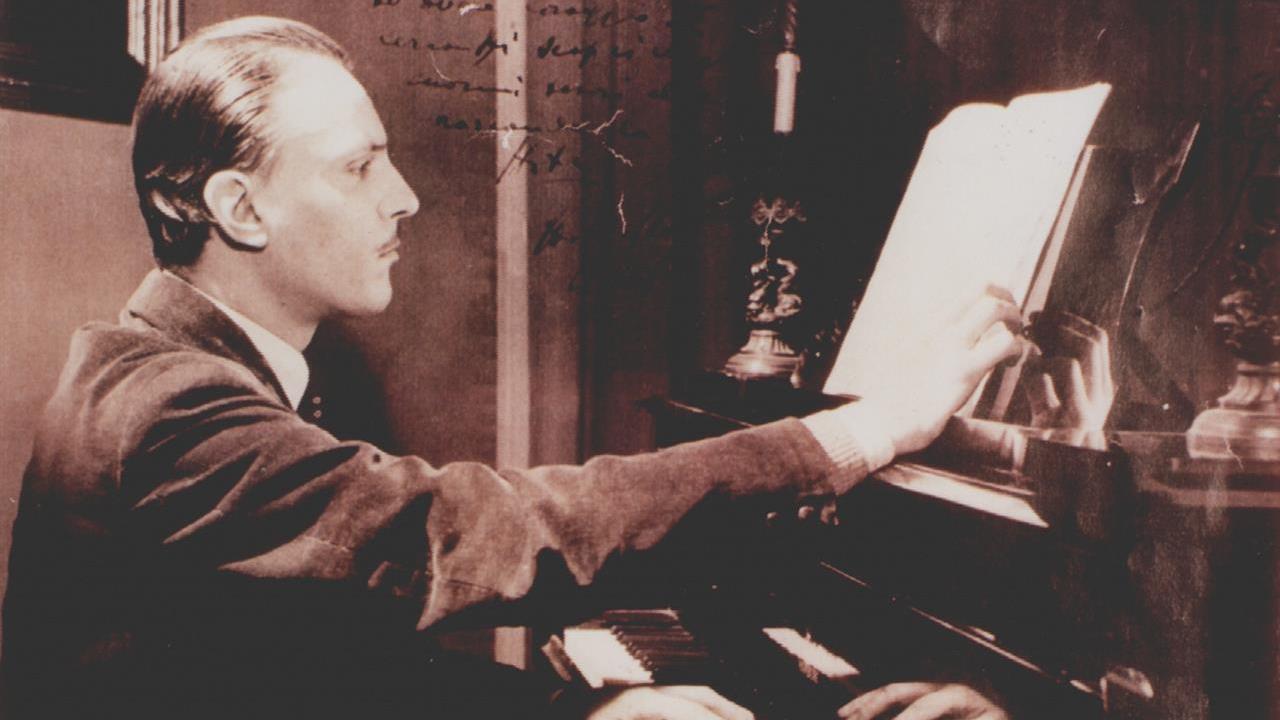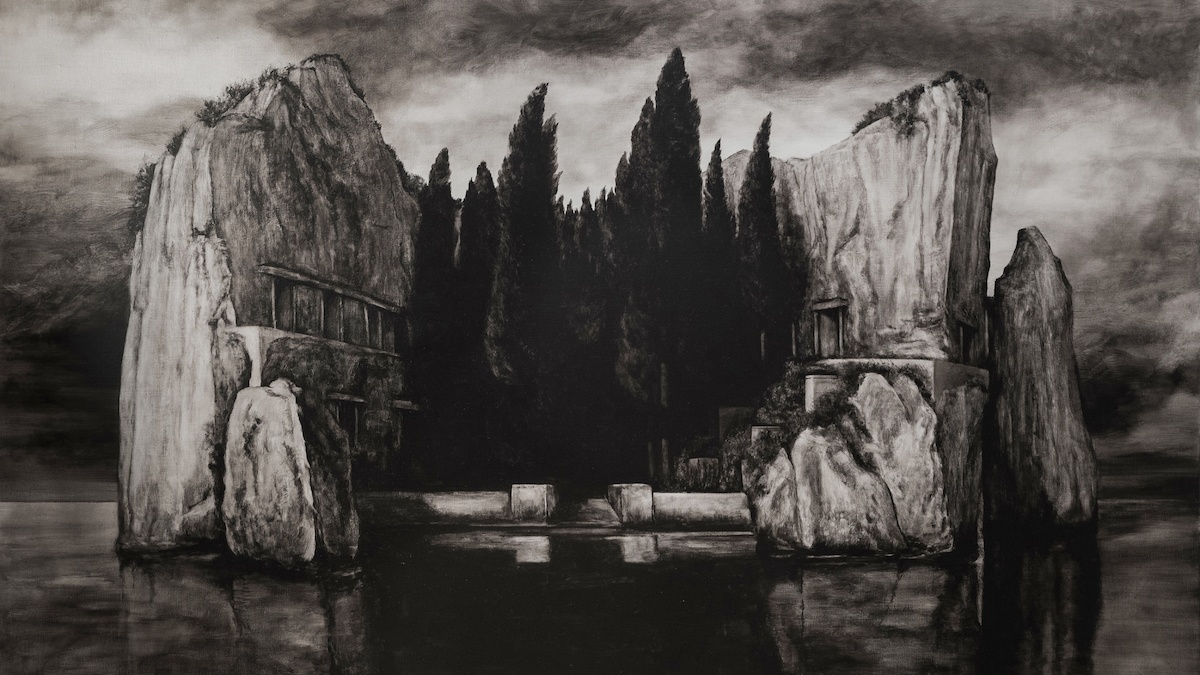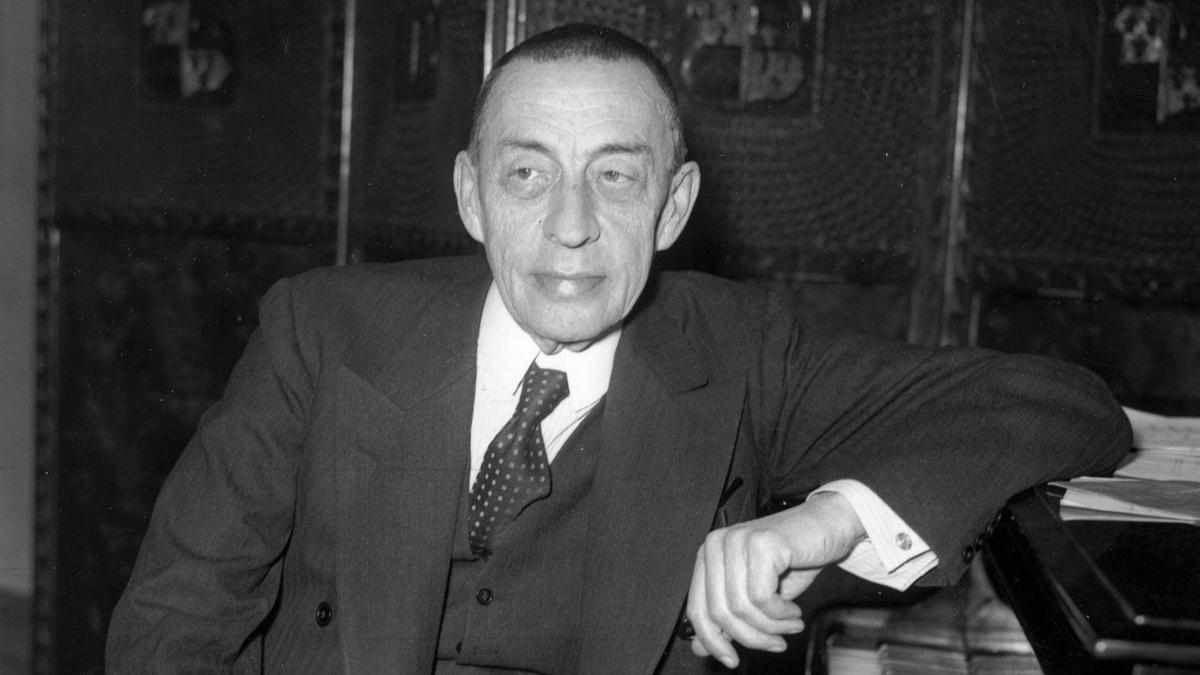Arturo Benedetti Michelangeli: Five Legendary Recordings
Last Sunday marked the 100th anniversary of the birth of the Italian pianist, Arturo Benedetti Michelangeli (1920-1995). Michelangeli has been called “one of the most enigmatic performers of the twentieth century.” A noted perfectionist, his concert repertoire was considered to be small, and he agreed to the release of relatively few recordings during his lifetime. He practiced eight to ten hours a day, telling students, “One has to work to feel your arms and back …







